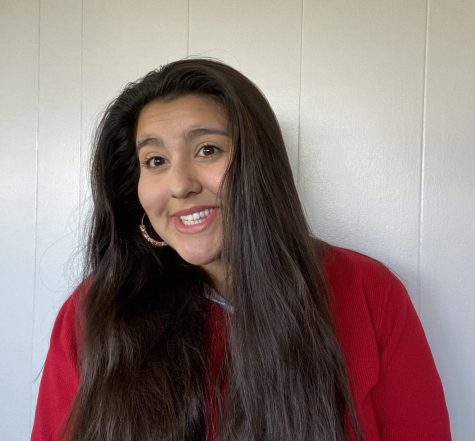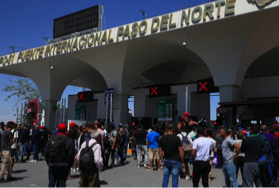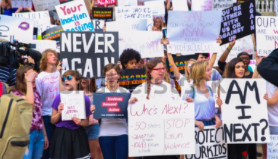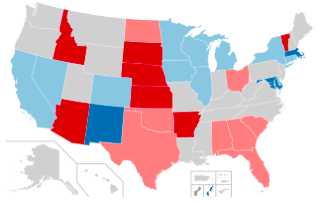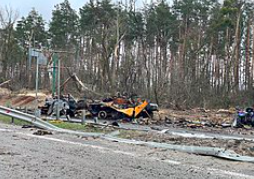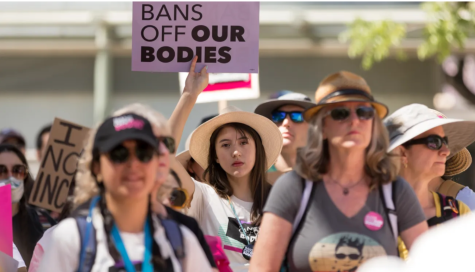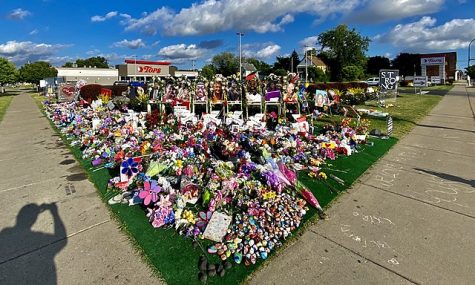Asian American hate rises sharply
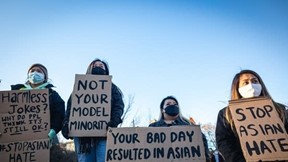
Photo courtesy of Ben Havland.
A rally of supporters come together in Minneapolis. They gathered to stand against the recent rise in anti-Asian American attacks.
April 29, 2021
Since the COVID-19 was first discovered in China, anti-Asian American sentiment has been on the rise, with some blaming the pandemic on Asians, more specifically Chinese Americans.
Over the last months, Asian Americans have faced attacks in the streets throughout the country, from San Francisco to New York, with more attacks geared towards older Asian Americans.
Attacks including stabbings and beatings have become more common and have seldom been filed as hate crimes.
On March 16, a series of shootings occurred at day spas in Atlanta, Ga. where six of the eight women were of Asian descent, and the shooter, 21-year-old Robert Aaron Long blamed it on his “sex addiction”.
The victims were Delaina Yaun, 33; Xiaojie Tan, 49; Daoyou Feng, 44; Paul Andre Michaels, 54; Hyun Jung Grant, 51; Soon Chung Park, 74; Suncha Kim, 69; and Yong Ae Yue, 63.
As this anti-Asian hate is reaching its height in the US, we also remember those lost in other hate-driven genocides as April marks National Genocide Awareness month.
Museums around the nation are remembering victims from past genocides including the Armenian genocide, Rwandan genocide, Uyghur camps in China, and the Holocaust.
Locally, the El Paso Holocaust Museum will be hosting a week of events, including virtual book readings, and a panel discussion with second and third generation Holocaust survivors.
Mariana De la Rocha, former Holocaust studies student said, “The similarities I see between the attacks and the Holocaust is they’re being persecuted for something they can’t change; no one can change their appearance, the way they are born, or what religion they are born into.”
As the US sees a peak in discrimination against Asian American Pacific Islanders (AAPI), museums and foundations around the country also remember those who were also lost to hatred in past acts of atrocities.
In order to combat this problem, it is essential to read and be educated on the origins of COVID-19, along with learning the difference between Asian countries, as they differ greatly, from East Asia to Southeast Asia.
Donating to victim memorial funds, community-restoration/enrichment organizations, legal funds, and even supporting your local Asian restaurant are ways to show support to the Asian American Pacific Islander, or the AAPI community.



